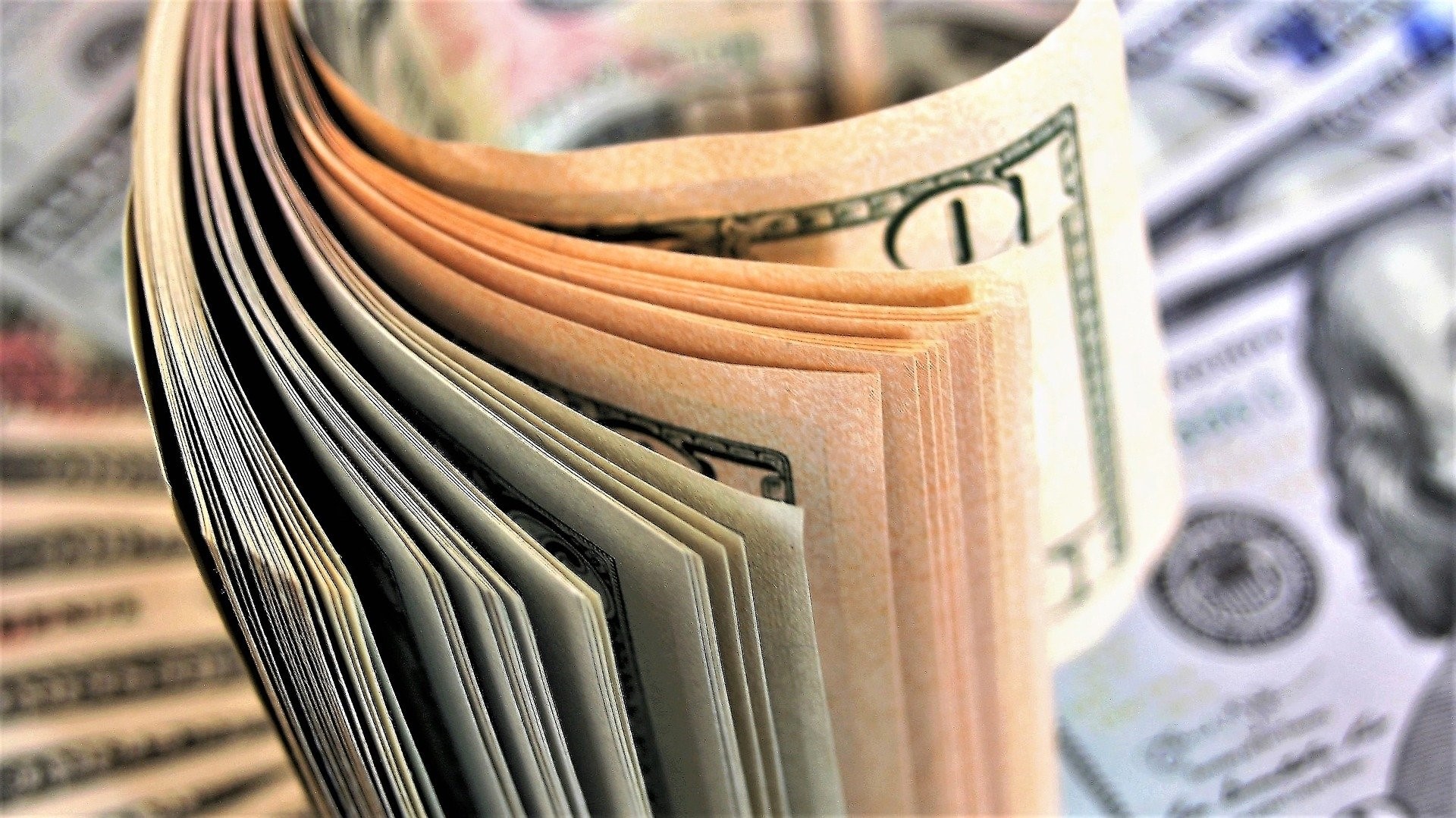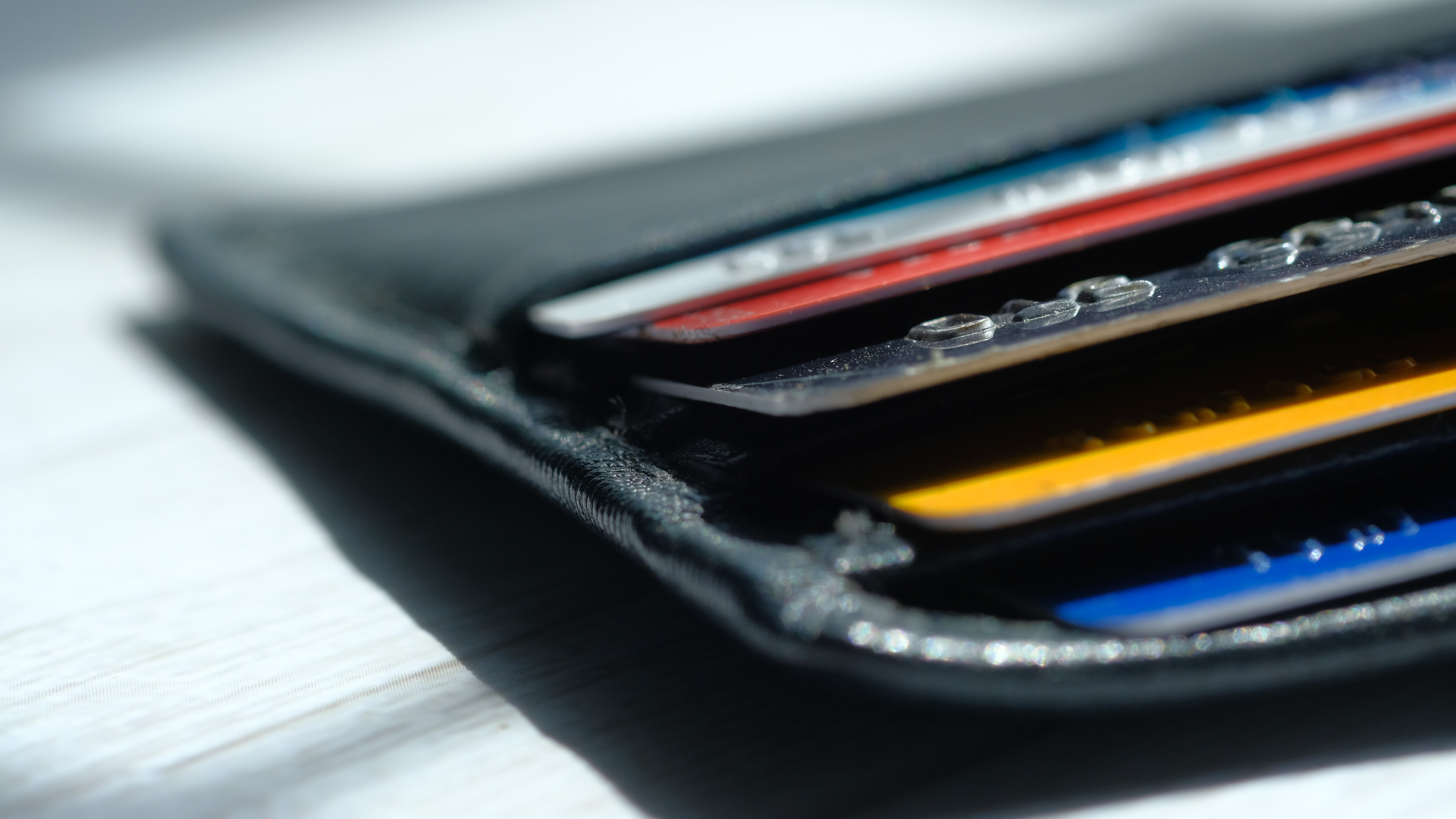The amount of credit card debt carried by Americans has dropped for the first time in eight years, after consumers simultaneously reined in their spending and made sensible use of the stimulus check and debt relief measures introduced in response to the coronavirus pandemic.
Despite the broader financial pressures being felt by many US households due to COVID-19, Experian has revealed that average credit card debt has fallen by 14% over the past year to $5,315. That means the typical balance held on the best credit cards is now $879 lower than in 2019, representing the first time in eight years that individual credit card debt has shrank compared with the previous year.
“The expectation that consumers would rely more heavily on revolving debt during an economic crisis is not far-fetched,” said Stefan Lembo-Stolba, Data Research Insight Analyst at Experian. “But reality shows that three-quarters of the way through 2020, US credit card debt is at the lowest it's been for quite some time.”
How else have credit cards been affected?
Aside from the surprise that this has happened during an economic recession, the fall in credit card debt is notable because it marks the first drop in any type of debt since 2013. Until this year, all debts, including those accrued from the best mortgage lenders, the best personal loans online, the best auto loans and the best student loans, had been rising year-over-year since 2014.
At the same time, card holders have reduced their credit utilization, which can help trigger an improvement in an individual’s credit score, without the need to approach the best credit repair services. And perhaps most surprising of all, delinquencies have fallen across all late payment periods, all during a period when it was widely assumed that the services of the best debt consolidation companies would be in greater demand than ever.

Why has credit card debt dropped?
At least part of the decline in credit card debt is likely to be due to the stimulus checks that Americans have been sent to help counter the financial impact of the coronavirus. With eligible individuals receiving a one-off payment of up to $1,200, consumers could have used those funds ahead of using their credit card when spending, or, if they had the wiggle room, to simply pay down credit card debt. While time is running out for stimulus check 2 to be approved before the arrival of Joe Biden in the White House in January, if a similar level of state aid is eventually forthcoming, there’s a chance that a similar trend towards debt repayment might emerge again.
Besides the cash hand out, other debt relief measures will have played their part in helping lower credit card debt too, including the suspension of student loan payments helping to alleviate some financial pressures. The flexibilities introduced to help those struggling to pay their mortgage, and the similar leeway granted by credit card issuers will have undoubtedly helped too.
And at the same time, the mandatory lockdowns and business closures necessitated by the health crisis have all contributed to dampen consumer spending, leaving many credit cards under employed compared with how they’d normally be used.
Take control of your credit card debt
Of course, the spike in unemployment and other challenges presented by COVID-19 inevitably means that not everyone will have been paying their credit card down. And if you’ve needed to use your credit card to pay for groceries or bills, it’s easily the better option than using a payday loan, for example.

The key to managing your credit card debt effectively is to keep a close eye on what you spend and the debt that you currently owe. If you haven’t already, creating a budget is a useful step as well, just to make sure you’re not spending too much where you shouldn’t, and to see if there’s any cutbacks that you could make. Could the best cell phone providers save you money with a cheaper deal, or are the best online fitness programs cheaper than your local gym, if you need exercise guidance at all.
Once you’re spending as little as you can, it’s important to keep on top of the credit card payments that you need to make. Making sure you always meet the minimum payment requirement each month is a must to avoid penalty fees and APRs, and setting up automatic payments will mean you never forget. But of course, the more you can pay back now the better. If you only ever pay the minimum, your credit card debt will be quickly accumulating in the background, and probably gathering interest too.
If you are paying interest on your existing debt, switching this over to a 0% balance transfer credit card should always be explored. This will give you a period of time during which no further interest will accrue, and so perhaps provide the opportunity to pay down some more of what you owe. Inevitably, some people will have more than one type of debt to their name, in which case establishing what debt to pay off first is a must. Some suggest focusing on high interest debt first, while others advocate the motivation that can be derived by paying back the smallest first.
And if your debt - whether it be on credit cards or anything else - is getting out of control, remember that the problem is unlikely to resolve itself. Talk to your family and friends to see if they can help, or reach out to a debt counselor for advice. Debt consolidation services and the best debt settlement companies are worth exploring too, but never suffer in silence.

